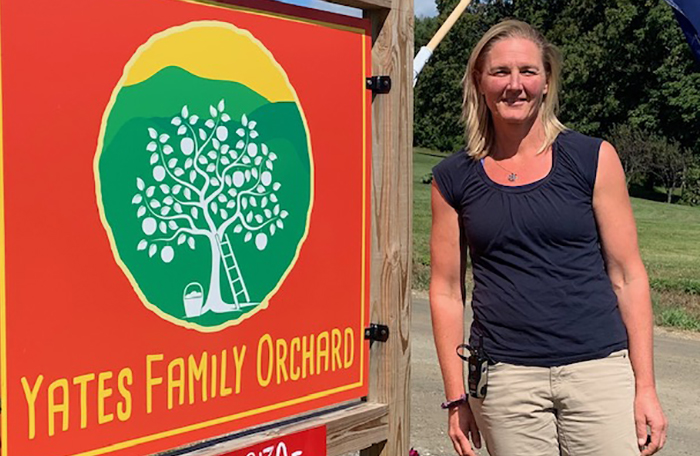By Matt McLaughlin
A name. It all starts with a name. A series of words, individually with little meaning, but collectively, the embodiment of creativity, passion and inspiration. Whether the name of the craft brewery itself or an individual and unique style of beer, it all starts with a name.
Over time, substantial resources, financial and otherwise, are invested to build and develop those names into a cohesive brand. From recipe development to artwork, packaging, marketing, distribution and sales, as the brand grows, so does the value of the names and all of the imagery associated with the brewery. The intellectual property of a craft brewery is unequivocally the most valuable asset of the company.
As the craft beer industry continues to grow and expand, the likelihood of craft breweries crossing intellectual property lines amongst one another is likely to increase. More craft breweries manufacturing more products will continue to lead to more situations of infringement regardless of whether such infringement is intentional. Many craft breweries are being much more proactive in the protection of their intellectual property and the subsequent defense of it.
A trademark is a form of intellectual property protected by United States law. The best way to understand trademarks is to think of them as brand names or logos. When you think of a particular brand name, you likely link the brand with the products that it produces. This mental link helps you know when you go to a store that what you are about to purchase will be the same or substantially similar to other items you have purchased associated with the brand.
For example, Stone Brewing Company is a trademark. If you like Stone Brewing Company products and want to purchase more, you can look for the name or the logo and feel confident you will get a quality craft beer that was, in fact, manufactured by Stone Brewing Company. Trademarks benefit the consuming public because they prevent brand confusion. They also benefit trademark owners because they ensure that the goodwill the craft brewery has created is not diminished by products produced by other businesses.
Trademarks are words, designs, symbols, devices, and names used to identify the source of one good from goods made by another source. Typically, brand names and logos are trademarks. Under certain circumstances, colors, sounds, and scents can also be trademarks.
Because trademarks are critically important and potentially valuable, they are protected at the federal level by the Lanham Act. The United States Patent and Trademark Office (“USPTO”) administers the Lanham Act and regulates the registration of trademarks. In order to register your trademark, it has to meet the requirements for trademark protection.
For a designation to be a trademark under the Lanham Act, it must be (1) distinctive and (2) used in interstate commerce. A designation is considered distinctive if it has the ability to identify a single source of goods or services. Designations that are inherently distinctive fall along a spectrum of distinctiveness. This spectrum runs from fanciful and arbitrary terms, which receive the greatest trademark protection to generic marks, which are never protectable under trademark law.
Trademark protections attach through the use of a protectable mark in interstate commerce in connection with goods or services. Essentially, you must make actual use of the trademark in the market place.
If a trademark is both distinctive and used in commerce, you can register it with the USPTO. Federal registration is not required for protection of trademark rights; however, it does provide substantial benefits. These benefits include evidentiary presumptions regarding the ownership of the mark, the validity of the mark, and the exclusive right to use the mark nationwide in connection with the goods or services connected to the registration.
Want to learn more about trademarks and branding for your brewery? This is Part 1 in a series of articles focused on the importance of trademarks in the craft beer industry. Learn more about the Business of Craft Beer Certificate Program and Beer School short courses.
 Matthew McLaughlin in addition to being an instructor in UVM’s Business of Craft Beer School courses, he is also the founding shareholder of McLaughlin, PC, a boutique corporate, commercial, and transactional legal and advisory firm and has worked with more than 250 breweries and distilleries in the United States. He also serves as the executive director of the Mississippi Brewers Guild and received the Brewers Association F.X. Matt Defense of the Industry Award in 2017.
Matthew McLaughlin in addition to being an instructor in UVM’s Business of Craft Beer School courses, he is also the founding shareholder of McLaughlin, PC, a boutique corporate, commercial, and transactional legal and advisory firm and has worked with more than 250 breweries and distilleries in the United States. He also serves as the executive director of the Mississippi Brewers Guild and received the Brewers Association F.X. Matt Defense of the Industry Award in 2017.




